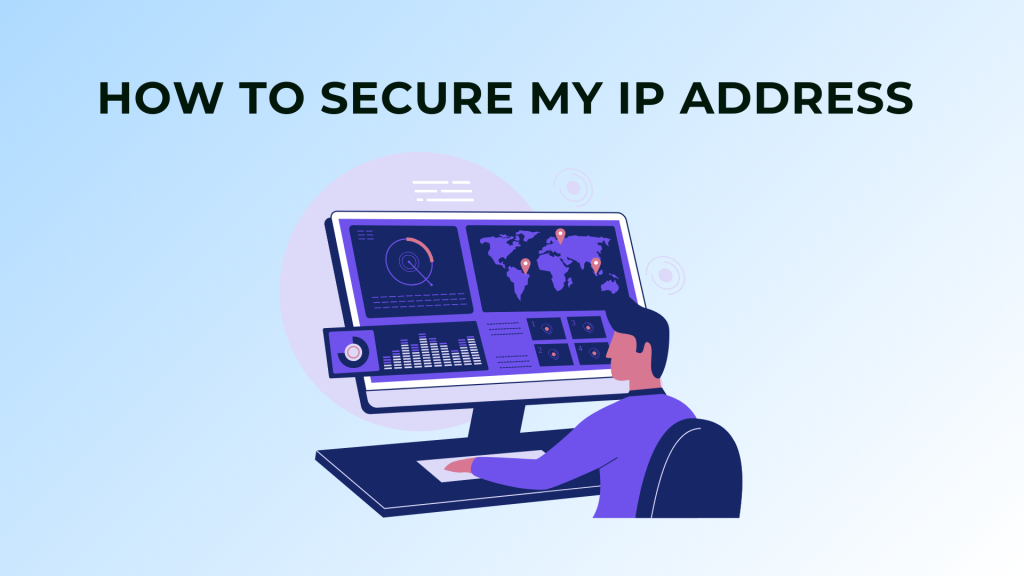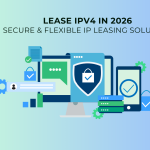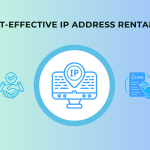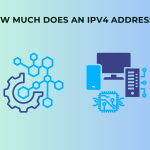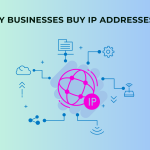In the digital age, where online privacy is increasingly threatened, protecting your IP address has become a must. Your IP address is like your digital identity card — it tells websites, apps, and even hackers where your device is located and how to connect to it. So, if you’ve been asking yourself, “how to secure my IP address”, you’re in the right place.
This guide breaks down everything you need to know about IP address security, best practices, and how to implement proper IP control to protect your data and privacy.
What is an IP Address and Why It Matters
An IP (Internet Protocol) address is a numerical label assigned to each device connected to a network. It allows devices to communicate over the internet. Think of it as your home address, but for your computer or phone. Without it, you wouldn’t be able to send emails, browse websites, or stream videos.
However, just like you wouldn’t want your home address widely known, your IP address can be misused if not secured properly.
Why You Need to Secure Your IP Address
1. Protect Your Personal Data
Hackers can exploit an exposed IP address to gain access to your system, gather information, or even impersonate you online.
2. Prevent Location Tracking
Websites and services can track your IP address to determine your physical location. This compromises your anonymity and privacy.
3. Avoid Cyber Attacks
DDoS attacks (Distributed Denial-of-Service) often begin by targeting a user’s IP address. These attacks flood your network, causing system crashes and downtime.
Top Ways to Secure Your IP Address
1. Use a VPN (Virtual Private Network)
A VPN encrypts your internet connection and hides your real IP address. This is the most effective and commonly used method for IP address security. It allows you to browse the web anonymously by routing your connection through remote servers.
2. Configure Your Firewall
A firewall monitors incoming and outgoing traffic. By setting up a firewall correctly, you can block unauthorized access attempts and protect your IP address from being targeted.
3. Switch to a Dynamic IP
Most ISPs offer dynamic IPs that change periodically. This adds an extra layer of security as it makes tracking more difficult for malicious users. Static IPs, on the other hand, remain constant and are easier to exploit.
4. Use Proxy Servers
A proxy server acts as a gateway between you and the internet. It masks your original IP address and provides another layer of anonymity.
5. Avoid Public Wi-Fi or Use a VPN
Public networks are a hotspot for cyber threats. If you must use one, connect through a VPN to keep your IP address hidden and secure.
6. Update Your Router Settings
Change default passwords and disable remote access features on your router. Also, regularly update your router firmware to patch any vulnerabilities.
7. Reset Your IP Address
If you suspect someone has obtained your IP address, contact your ISP to reset it. Alternatively, reboot your modem/router to obtain a new dynamic IP.
Understanding IP Control
IP control refers to managing access to and from IP addresses to protect and organize your digital environment. Businesses, especially, rely heavily on IP control to whitelist safe users and block malicious entities.
Some practical uses of IP control include:
-
Limiting access to certain systems or content.
-
Restricting login attempts to trusted IP ranges.
- Blocking known suspicious or blacklisted IPs.
Securing IPs for Businesses and Professionals
If you run a business, IP address security goes beyond personal privacy. Your company’s IP space is an asset. Poor security could lead to data leaks, service interruptions, and reputation damage.
IPv4 address leasing is a growing trend among companies looking for scalable and secure IP solutions. Instead of owning static blocks, companies lease clean, reputation-monitored IPs with the flexibility to scale as they grow.
Leasing also offers better control — providers ensure the IPs are not blacklisted or associated with past misuse. This is ideal for ISPs, hosting services, and marketing firms.
Final Thoughts
If you’re wondering how to secure my IP address, the key is to treat it with the same level of security as your personal or financial information. Use a combination of tools like VPNs, firewalls, and dynamic IP settings to protect your digital footprint. Businesses should consider IP leasing and reputation management to maintain secure, clean, and effective infrastructure.
In a world where data is currency, your IP address is a gateway. Secure it.
FAQs
They could potentially track your location, target your system with cyberattacks, or try to exploit it for unauthorized access.
While VPNs are effective, they should be part of a larger security strategy that includes firewalls, regular software updates, and safe browsing practices.
Yes, using VPNs or proxy servers can effectively mask your IP address from most trackers and websites.
Yes, leasing ensures access to clean, reputable IPs and gives more control over their usage — a smart option for growing enterprises.
If you’re using dynamic IPs, they change automatically. But if you're experiencing threats, contacting your ISP to reset your IP is a good practice.

